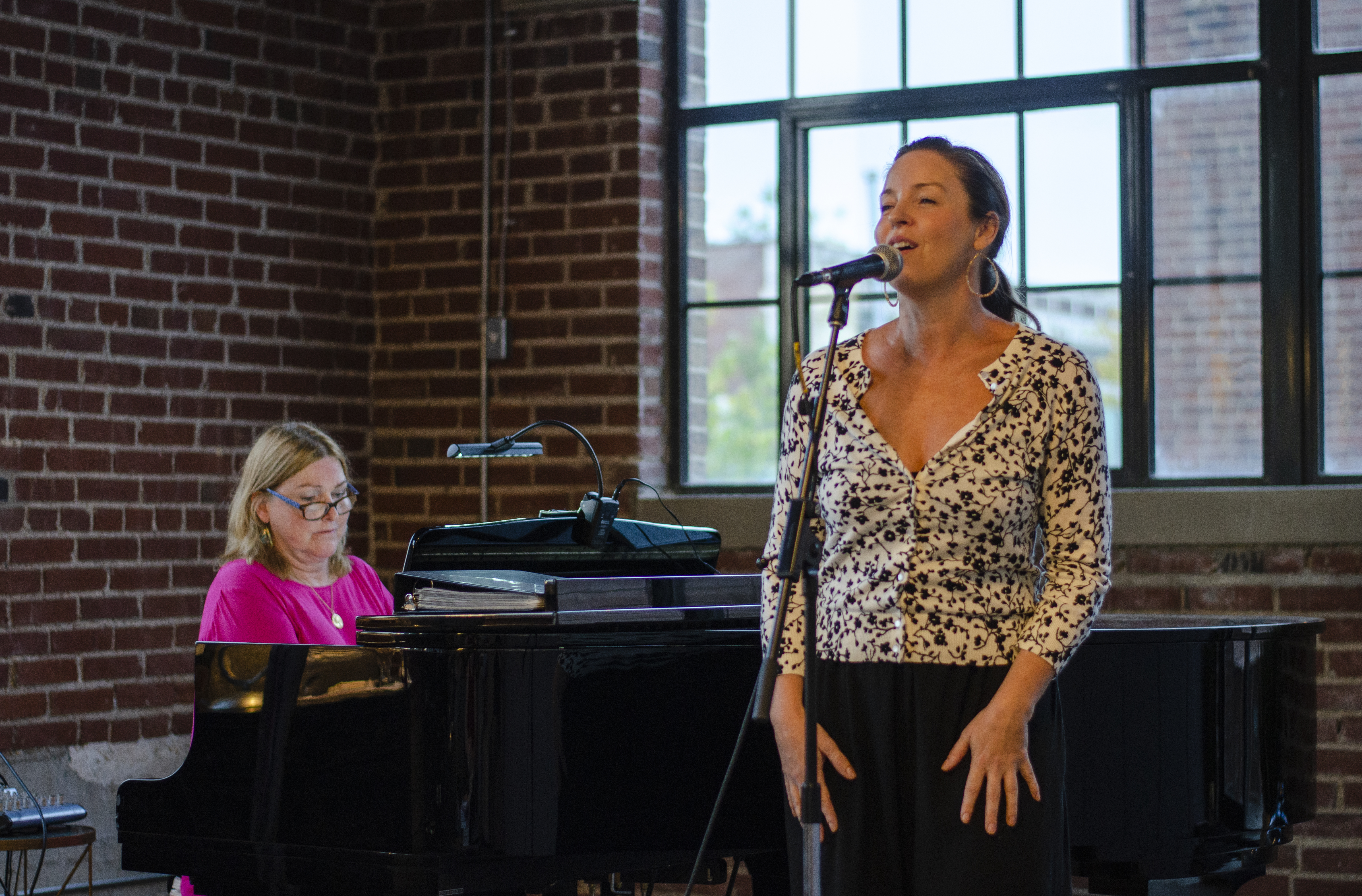
From concerts to conferences to open-mic nights, the St. Louis scene is thriving.
By Phillip Zacher
Since it started during the turn of the 20th century in France, the art of cabaret has delighted audiences around the world. Typically performed in smaller venues, the sense of intimacy helps differentiate cabaret from musical theatre or a jazz concert. “Cabaret is an intimate style of performance where the singer has a direct relationship to the audience and a personal relationship to their material”, says Tim Schall, the executive director of The Cabaret Project of St. Louis.
In St. Louis, cabaret is flourishing. “There’s no comparison,” says Schall. “It’s incredibly vibrant.” And that’s in large part thanks to The Cabaret Project, which was founded in 2010 with a mission to support, develop, and sustain the art of cabaret and song performance in St. Louis. This September, The Cabaret Project kicks off its third season of the Cabaret Series, co-produced with Jazz St. Louis. Running through May 2020, the series brings six nationally and internationally recognized cabaret performers to St. Louis such as Tony winners Lindsay Mendez, Rachel Bay Jones, and Paulo Szot.
Beyond presenting concerts, The Cabaret Project focuses on educating and developing local and national artists and audiences through programs including The Cabaret Open Mic, Sign Center Stage, a five-day training program for high schoolers, and The St. Louis Cabaret Conference.
The Cabaret Open Mic, hosted every third Tuesday at Sophie’s Artist Lounge, offers singers a chance to perform for an open, receptive audience. Hosted by Chuck Lavazzi, with Carol Schmidt on piano, the event invites any and all to bring sheet music and their voice. “It’s a chance for experienced singers to try new material,” says Lavazzi. “And it’s a way for people without experience to get in front of an audience for the first time.”
For performers more serious about developing their skills, there’s the St. Louis Cabaret Conference. Currently, in its 13th season, it’s “the largest and oldest training program in song performance for adults in the nation,” according to Schall. The Cabaret Project has taken the lead in organizing the conference, which attracts and trains performers from across the nation. “We have singers coming from all over the country,” says Schall. “They get training, develop a network, and get connected locally and nationally.”
The conference has made a wide-reaching impact on the local scene. In fact, it’s where Robert Breig, who founded Mariposa Artists in 2009, got his start in cabaret. “I’ll credit Tim Schall,” he says. “I took the St. Louis conference, and I got hooked.” Today, Mariposa Artists helps artists of all experience levels produce shows, but the organization thrives on helping performers with their first shows. It speaks to the group’s roots. “I just kind of landed on the producing side,” says Breig. “I had people tell me they didn’t know where to start, and I said, ‘Hey, we can do this.’”
That attitude is what prompted an exchange program that helps artists perform their first show in a new city. Last June, Mariposa Artists presented A Taste of New York at The Kranzberg. The show featured four accomplished New York performers who had never performed in St. Louis. At the end of September, St. Louis performers will have a chance to perform in New York for the first time.
Locally, one exciting performance from Mariposa Artists is a collaboration with singer and St. Louis native Katie McGrath on Immigrant Songs, November 9 at .ZACK. Created in response to the recent spike in hate crimes, the show is the first in a series of concerts that will focus on the stories and songs of American arrival and, according to Breig, will “support the visibility and importance of immigrants to our country.”
As Mariposa Artists approaches its 10th year, the group is excited about the future of cabaret in St. Louis. “I think our community is thriving and expanding,” says Breig, “as we link arms with other performers and cities.”

